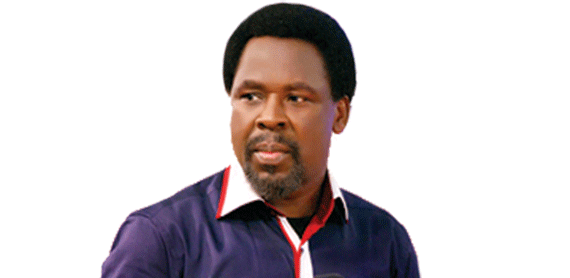
THREE Zimbabweans, who are among those that died when a Synagogue Church of All Nations building in Nigeria collapsed, are yet to be brought home, six weeks after the incident.
BENSON DUBE OWN CORRESPONDENT
Nigerian authorities say the bodies will not be repatriated until DNA testing is conducted to positively identify those who died, a process that will need their family members to travel to Nigeria for the tests.
The Zimbabwean government has all but denied that there were three Zimbabwean lives lost in the building collapse, saying they were only aware of one, an MDC-T official, Greenwich Ndanga.
There were reports that the bodies of the victims were decomposing in Nigeria and there was need for DNA tests on the bodies to establish their identity.
But authorities in that country have vehemently denied the.
According to the chief medical director of the Lagos University Teaching Hospital Adewale Oke, his institution was ready to conduct DNA tests for the victims and their relatives.
He said they did not have any problems doing the DNA and identification of victims of an air crash in Lagos when the fatalities were about three times the number of victims of the church building collapse.
- Chamisa under fire over US$120K donation
- Mavhunga puts DeMbare into Chibuku quarterfinals
- Pension funds bet on Cabora Bassa oilfields
- Councils defy govt fire tender directive
Keep Reading
“The specimen for DNA is being taken here in Lagos and in South Africa because we do not want the 85 families to come to Nigeria,” he is quoted as saying. He was emphatic that the DNA testing had to be done in South Africa because of the number of South Africans involved in the collapse and for proximity to the relatives of the victims.
“When we had the Dana air crash we did not have a comprehensive laboratory.
“We had some labs in Nigeria that claimed they could do DNA, but we wanted to be sure, so we sent the tissues to a laboratory in the United Kingdom to be sure that we are doing the right thing.
“Now because we know that there are 85 South Africans involved, we decided this time that we would use a renowned South African lab considering that it will be difficult to bring 85 South Africans to Nigeria.
“Because when you are taking specimen, you have to take specimen from the relatives of the deceased. “If we have to do it outside South Africa, it will mean those relatives will have to come to Nigeria for us to take tissues.
“Our experts are here taking specimen from Nigerian relations while the South African experts are taking specimen from the South African relatives,” Oke said.










